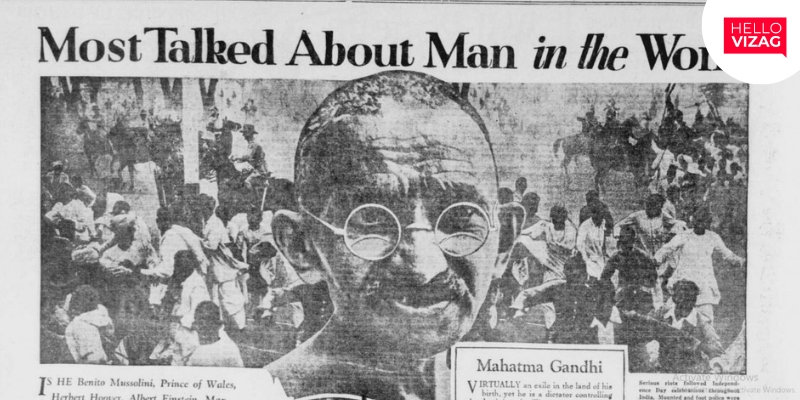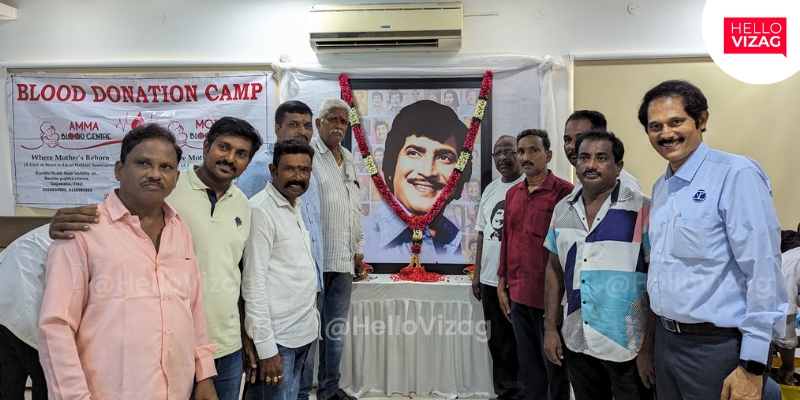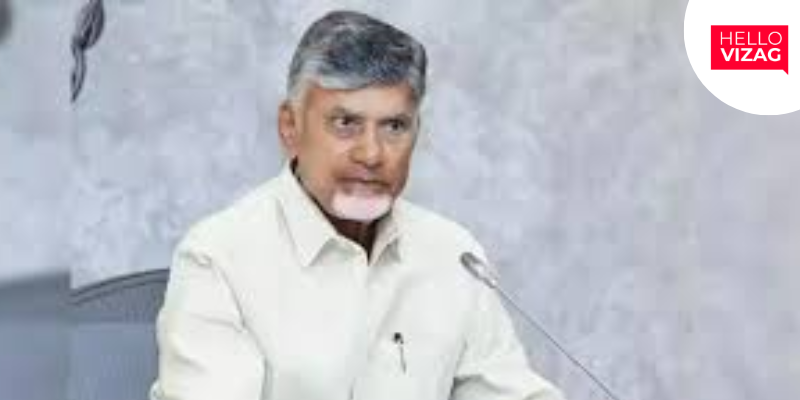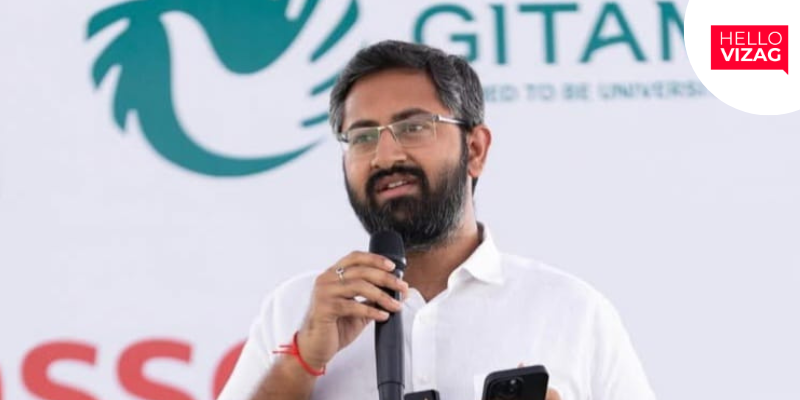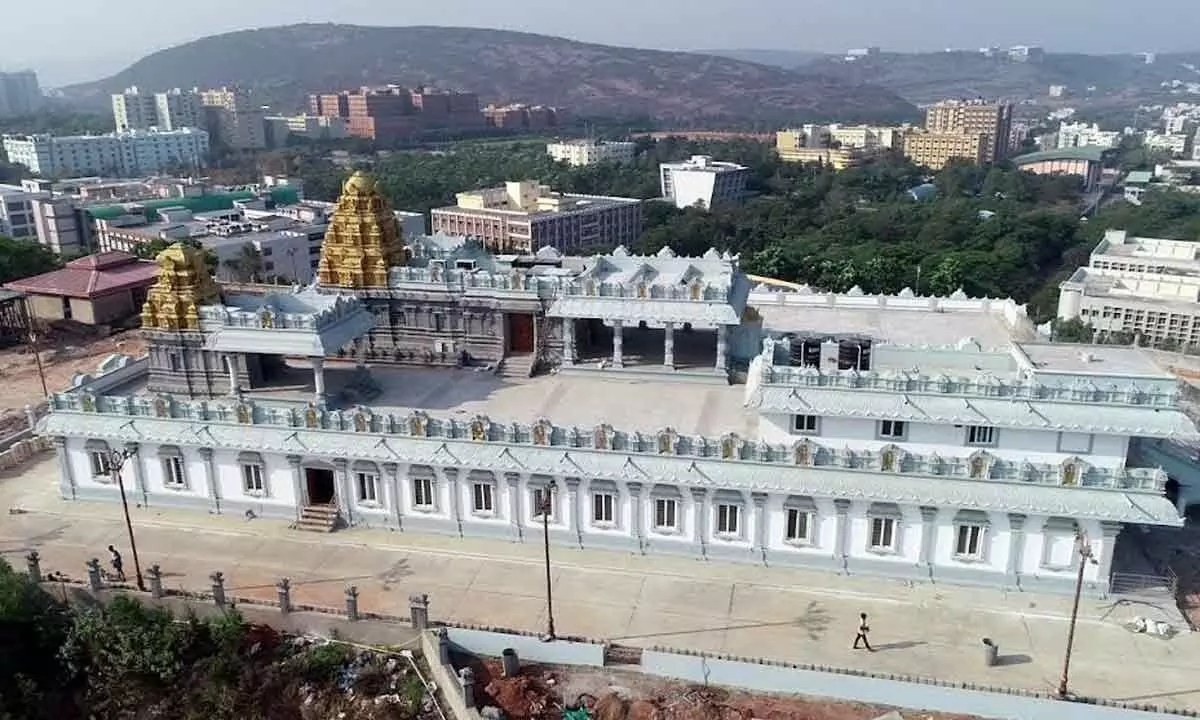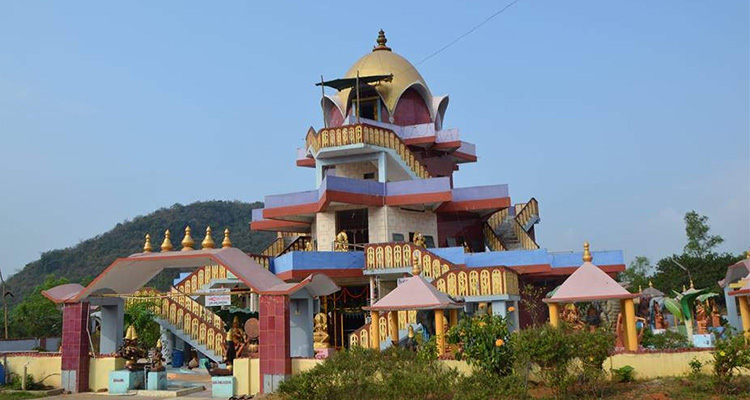PM Modi’s Claim About Mahatma Gandhi's Global Recognition Debunked
In a recent interview, Prime Minister Narendra Modi made a controversial statement suggesting that the world only became aware of Mahatma Gandhi after the release of the 1982 film "Gandhi" by British filmmaker Richard Attenborough. This assertion is factually incorrect and overlooks Gandhi's extensive international recognition long before the movie's release.
The Prime Minister’s Claim
During an interview with ABP journalists on May 28, 2024, Modi responded to a question about the opposition's absence at the Ram temple consecration ceremony. He criticized the opposition and stated, “Mahatma Gandhi was a great man. Wasn’t it our responsibility in these 75 years to make sure that the world knew Mahatma Gandhi? Nobody knows Mahatma Gandhi. It was only when the ‘Gandhi’ film was made that the world was curious to know who this man was.”
Historical Evidence of Gandhi’s Global Fame
Contrary to Modi's statement, Mahatma Gandhi was a globally recognized figure well before the 1982 film. Numerous historical records, international media coverage, and interactions with prominent global personalities attest to this.
Early International Media Coverage
1920s Reports: Gandhi’s arrest on March 10, 1922, for writing articles in Young India was widely reported by international newspapers, including The Graphic and The Civil and Military Gazette.
Time Magazine: Gandhi was featured as Time Magazine's Man of the Year in 1930. The cover story titled “Saint Gandhi” highlighted his significant impact on global history.
Global Newspaper Features: Gandhi was frequently covered by Western newspapers, such as the full-page feature by the Iowa-based Burlington Hawk-eye in 1931, which dubbed him the “Most Talked About Man in the World.”
Western Celebrities and Personalities
Charles Chaplin: In 1931, Gandhi met with Chaplin, then considered the most famous man globally, highlighting Gandhi's already significant global presence.
Martin Luther King Jr.: King, influenced by Gandhi’s philosophy, wrote a tribute to him in Hindustan Times on his 10th death anniversary in 1958.
Albert Einstein:
In his correspondence with Gandhi, Einstein expressed admiration for his non-violent methods and even predicted future generations would scarcely believe such a man walked the earth.
Visual and Documentary Evidence
Iconic Photography: American photographer Margaret Bourke-White’s 1946 photograph of Gandhi at his spinning wheel became an iconic image, published in LIFE magazine.
International Stamps: Countries like the US, Republic of Congo, and about 40 others issued postage stamps in Gandhi’s honor well before 1982.
Conclusion
Prime Minister Modi’s claim that the world only became aware of Gandhi post-1982 is not supported by historical evidence. Gandhi's influence and recognition on the global stage were well established through international media, interactions with global leaders, and numerous tributes by renowned figures long before the release of the Attenborough biopic. It is essential to acknowledge and accurately represent the historical impact of one of the most iconic figures in world history.
Sources: The British Newspaper Archive, mkgandhi.org, Press Information Bureau, archives of mentioned publications.
For More Updates: Follow Us https://www.instagram.com/hellovizag.in/

 Team Hello Vizag
Team Hello Vizag
